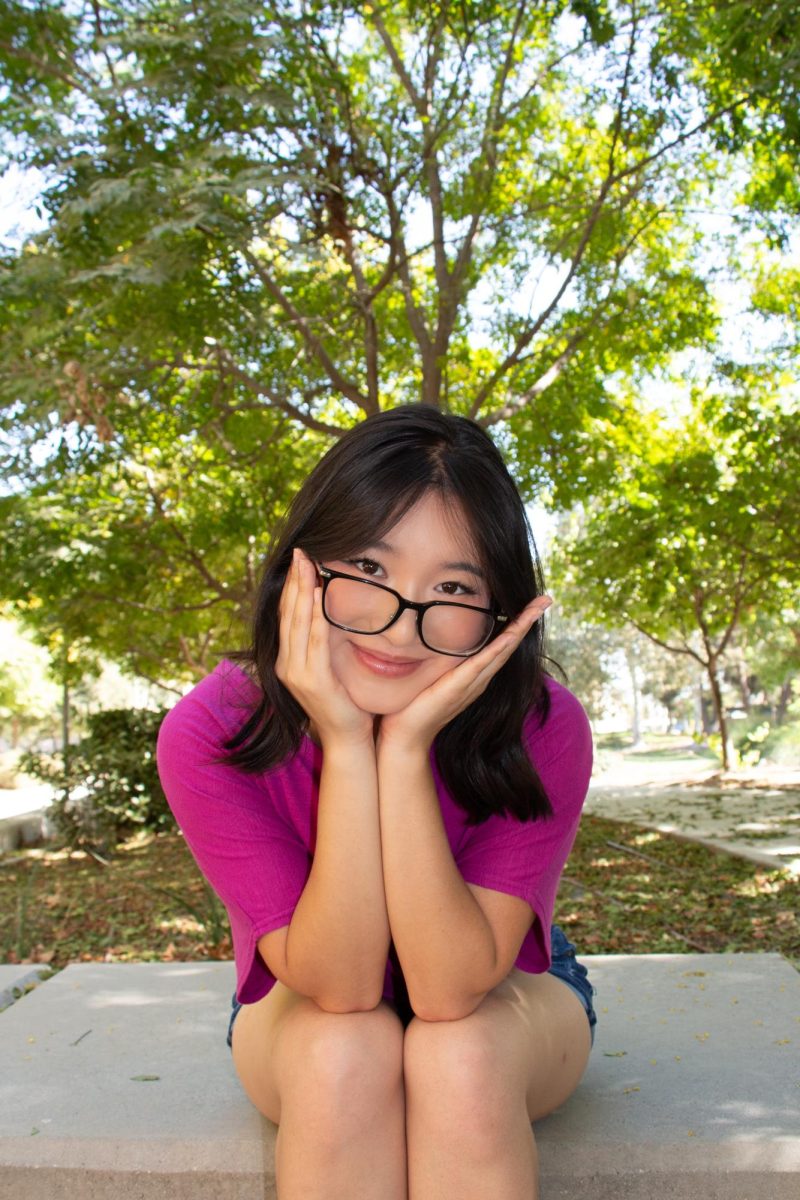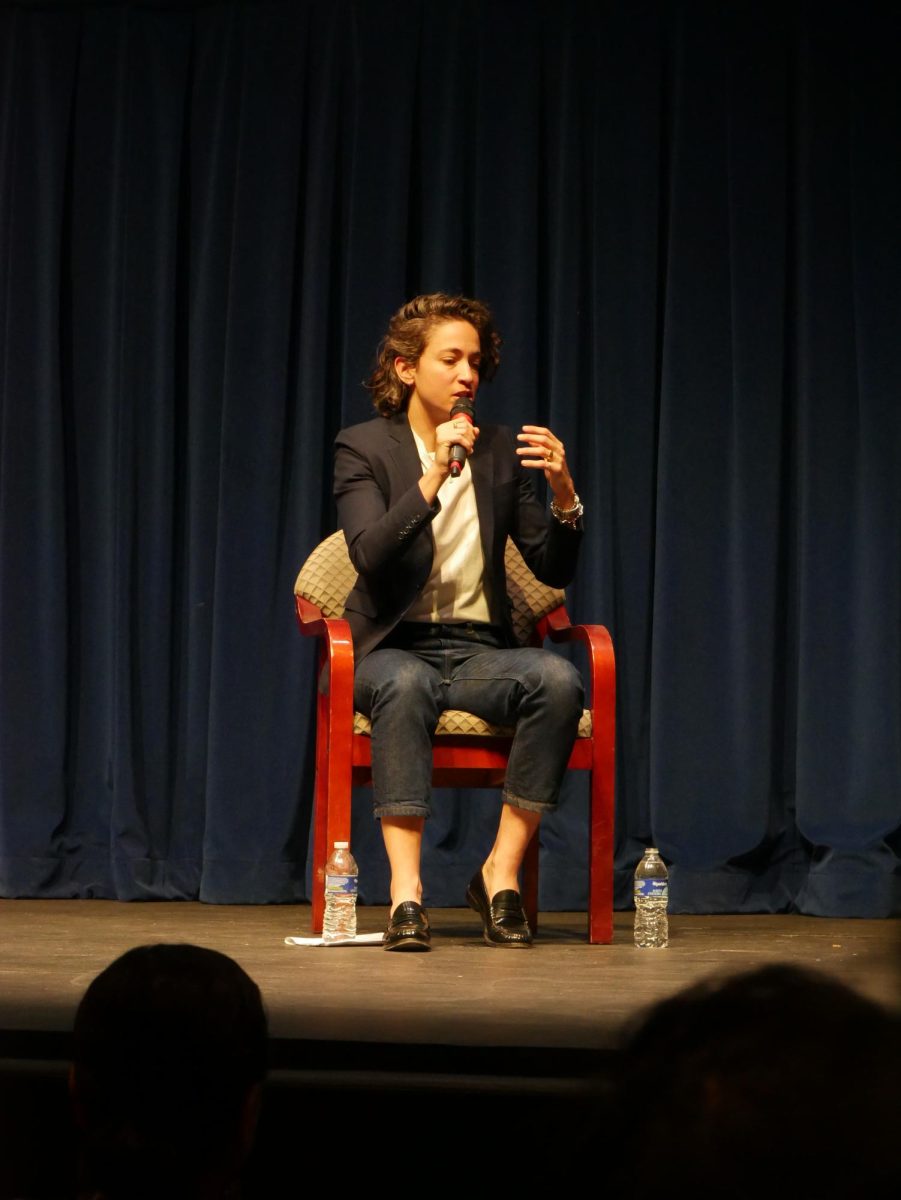By Allison Lechman
Reporter
“Alright let’s get started,” said Dr. Jacquelyn Kegley into the microphone as she announced the start of the CSU Bakersfield study abroad panel discussion.
The six panelists were sitting behind at a table with a blue piece of fabric draped and awaited to be asked questions about their experiences.
Studying abroad is where students take courses for their home university in other countries.
They discussed many reasons to study abroad. Maybe to learn another language?
Student Alisha Faith traveled to Spain for a year. Her program revolved around learning Spanish.
Along with learning another language, Faith had other reasons to study abroad. “I think what motivated me to study abroad is at my first college in Iowa, I was surrounded by different cultures,” said Faith.
She felt she never really got to connect with foreign students in the way she wanted. She thought studying abroad would give her the chance to make a connection. “I took that leap of faith and I did it,” said Faith.
Studying abroad is an opportunity to explore the differences in the world.
Emily Hernandez, an archeology major who studied in Ghana, said, “In Ghana, everything is different, very different, the first month was really hard to get used to.”
Hernandez went on to tell the panel crowd about some of the differences between classrooms in Ghana and in the U.S.
“You can’t ask questions,” said Hernandez. She shifted the microphone into her other hand and said that there is no class discussion in Ghana.
Hernandez said she could tell people in Ghana wanted to give their opinion but they couldn’t give it.
“I would push people to speak out and challenge professors,” said Hernandez.
Faith shared to the group about the differences in her educational experience, “No syllubus, no online portals to check on our progress.”
Along with the educational system, those who study abroad experience the differences in cultures.
In the U.S. people have the option of driving themselves. Hernandez explained this is not the case elsewhere.
Hernandez described something similar to a bus in Ghana, a trotro driver and a trotro mate.The trotro mate sticks his head out of the window, yells and uses hand signals to convey messages to riders.
Hernandez demonstrated some of the hand signals by extending her arm over her head. Her thumb, pointer finger, middle finger up and made a small fast back and forth motions.
“It was stressful at first but you have all these people to help you,” said Hernandez
Studying abroad may also connect those who are different from each other.
Sometimes people go away from home to find themselves.
Bertha Ruiz, a political science major who studied in the United Kingdom, gave some advice.
“Give yourself wholeheartedly to the experience it’s important to not be afraid of getting hurt,” she said.







